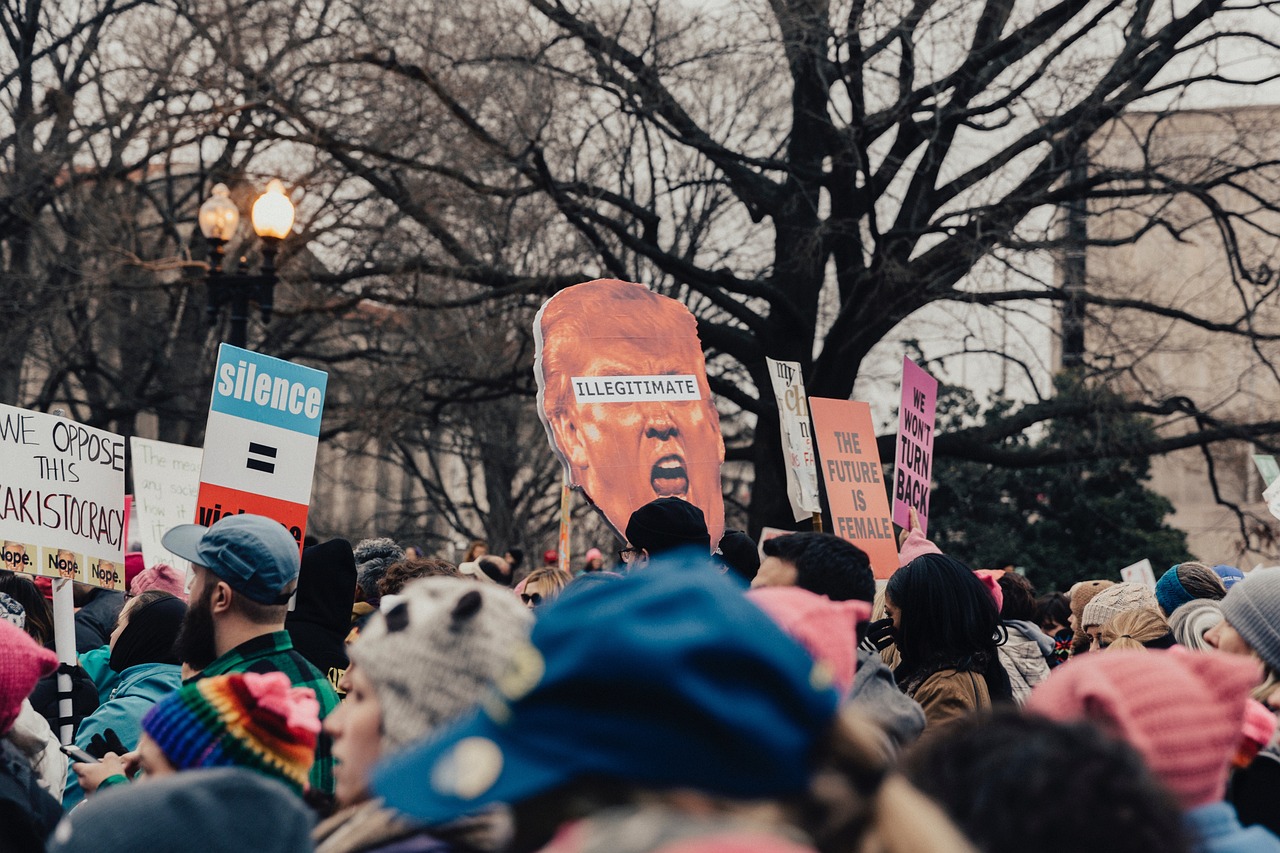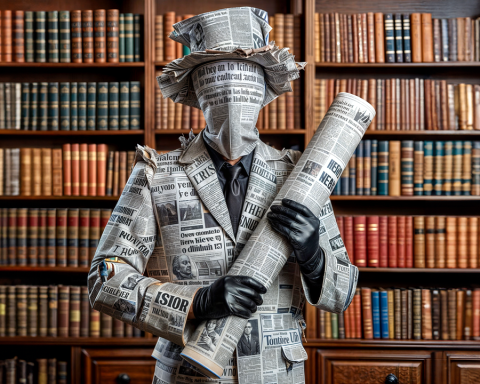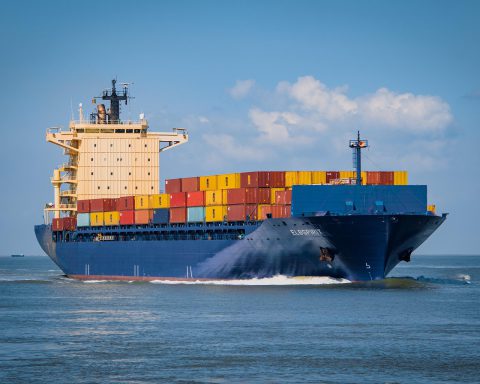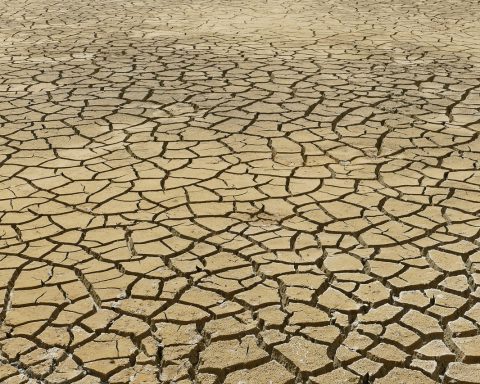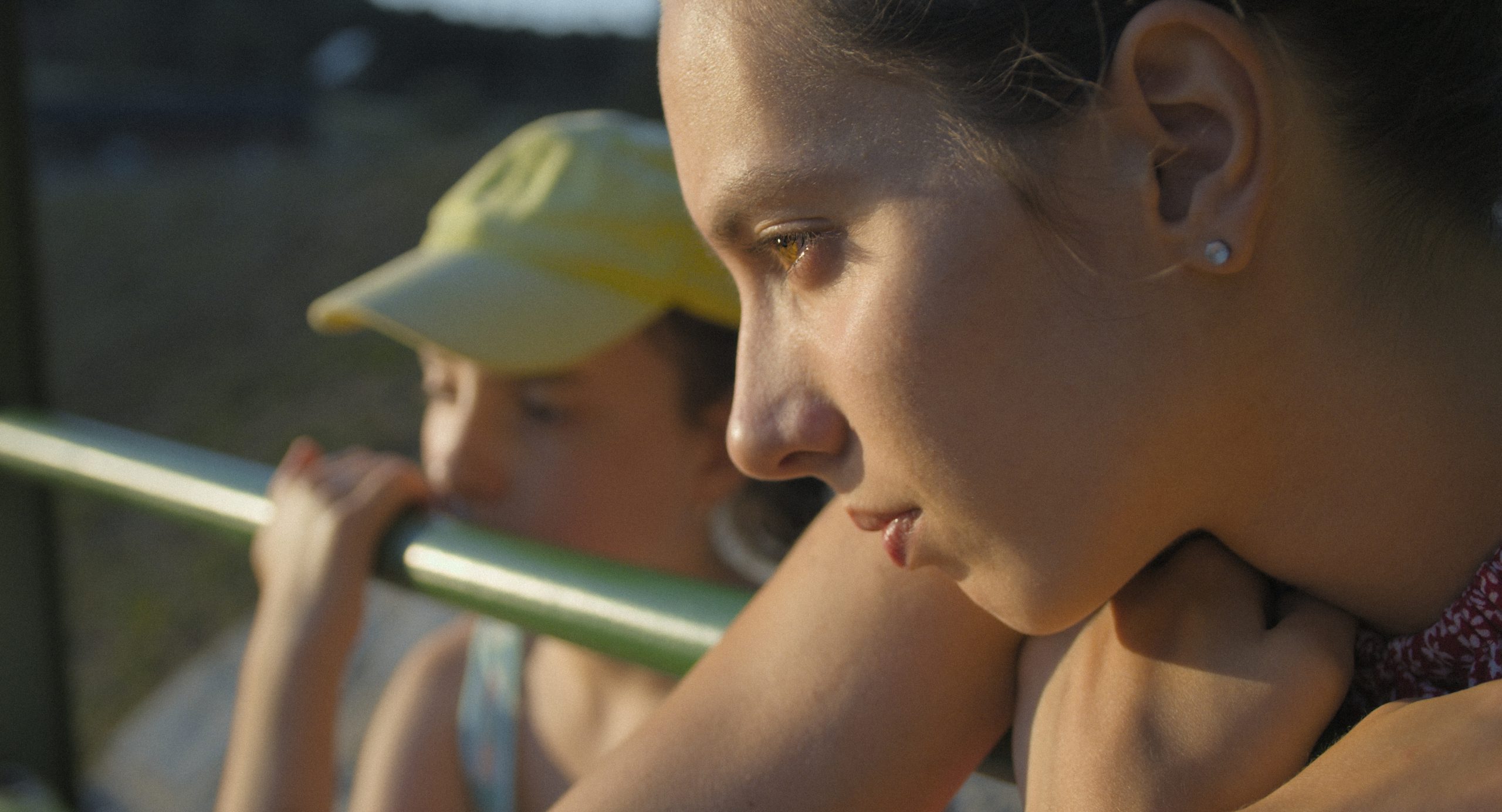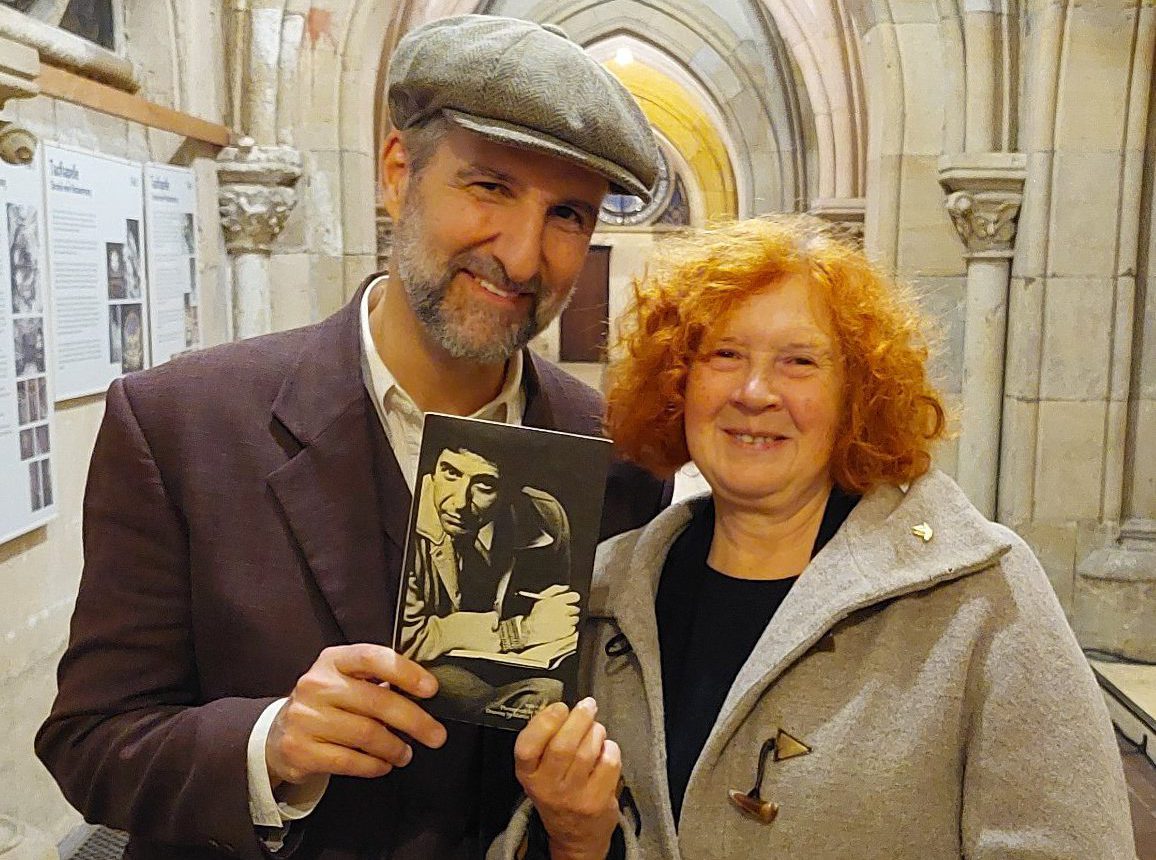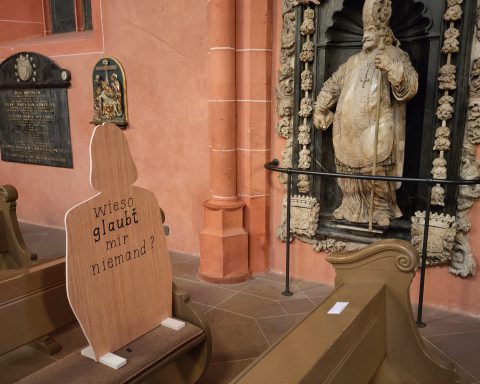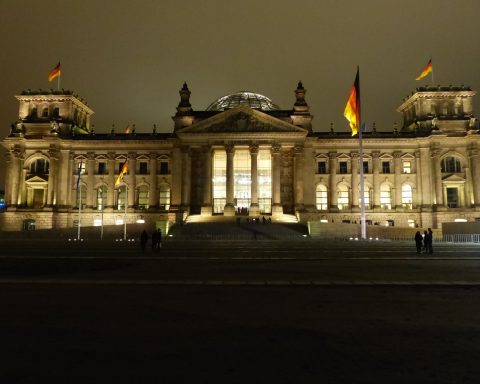As another chapter of American politics—and horror show—unfolds, the world watches in a mix of disbelief and resignation, and some a sense of triumph. (Yes, I am talking to you, Putin and Netanyahu.)
Donald J. Trump is declared to have won the U.S. presidency for the second time. For many, this is a perplexing déjà vu, a disconcerting echo of 2016 that begs the question, how did we get here, again? To top that, Republicans may take control of both the House of Representatives and Senate.
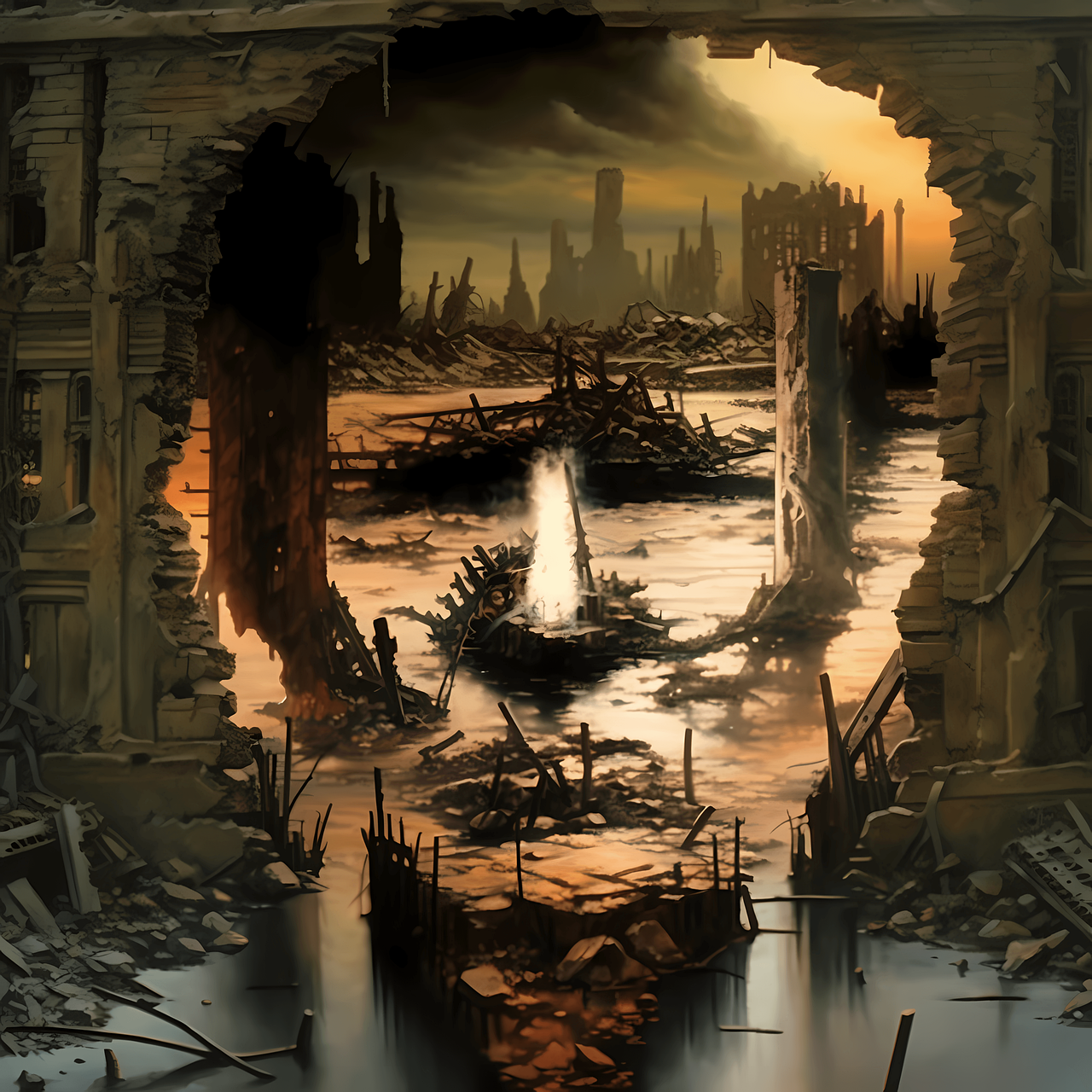
It’s a scenario that promises to further erode civil rights and democratic institutions and bring us closer to the brink of extinction. The facile answers are already flooding the airwaves: voter disenfranchisement, disinformation and voter intimidation campaigns (featuring Russia), the failures of the Democratic Party to galvanize its base, and so on.
While these factors undoubtedly played their roles in this American debacle, they are symptoms of a deeper malaise, namely a collective inability to envision a world beyond the confines of capitalism.
In the years since Trump’s first term, the cracks in the capitalist façade have only widened. The COVID-19 pandemic exposed the fragility of economies that prioritize profit over people. Climate change continues its relentless march, undeterred by half-hearted policy measures. Inequality has reached grotesque proportions, with billionaires amassing obscene wealth while millions languish in precarity.
Yet, despite these glaring dysfunctions, the political discourse remains shackled to the logic of the market. Mainstream parties offer tepid reforms that tinker at the edges but leave the core exploitative mechanisms intact. They champion “inclusive capitalism” or “green growth,” oxymoronic concepts that soothe the conscience without challenging the status quo.
Also troubling is our tendency to demonize the contrarian common folk instead of confronting the underlying system that perpetuates inequality and discontent. While some of this is warranted, in relation to those who openly espouse fascist ideologies or directly put lives in danger, the focus on vilifying others allows us to sidestep the uncomfortable truth. That is, we are collectively trapped within a capitalist framework that limits our ability to imagine and enact meaningful change.
The tragedy here is not just Trump’s impending (inevitable?) victory, but what it signifies: a profound crisis of imagination among not only American folk, but indeed the entire world.
We have become so entrenched in capitalist realism that even as the system devours itself, we cling to it like a sinking ship. The very notion of an alternative—a society organized around principles of equality, sustainability, and genuine democracy—has been relegated to the realm of utopia, dismissed as impractical or naive.
This intellectual surrender has dire implications. Without a compelling vision of a different future, people gravitate toward demagogues who recycle the past. The left’s failure to articulate and fight for a post-capitalist world cedes ground to those who manipulate discontent for authoritarian ends. It’s a dangerous game of political whack-a-mole, where stamping out one manifestation of reactionary politics only leads to another emerging elsewhere.
In Europe, we are not mere spectators to this spectacle.
The rise of far-right movements across the continent mirrors the American scenario. Here in Germany, the Alternative für Deutschland (AfD) gains momentum as traditional parties flounder. The neoliberal policies of austerity and deregulation have eroded social safety nets and fomented unrest, prompting the scapegoating of immigrants and other minority groups. Yet, proposals for systemic change are met with skepticism or outright hostility.
The media plays its part, too, perpetuating the myth that there is no alternative. Corporate interests dominate the narrative, framing debates within narrow economic parameters while sidelining radical perspectives. Intellectuals who dare to challenge capitalist orthodoxy are marginalized, their ideas caricatured or ignored.
But history teaches us that systems thought unassailable can crumble, often unexpectedly. Feudalism gave way to capitalism; why should capitalism be the end of history? The first step towards change is to break free from the mental shackles that prevent us from imagining it.
We need a renaissance of transformational thought, a reinvigoration of movements that dare to dream big.
Grassroots organizations, climate activists, labor unions, and community groups must unite under a common banner of systemic transformation. Policies like universal basic income, worker cooperatives, and public ownership of essential services should move from the fringes to the center of political discourse.
Education is crucial in this endeavor. We must cultivate critical thinking and nurture the capacity to envision alternatives in our schools and universities. Art and culture, unfortunately long devalued unless selling out stadiums with mass-produced anthems, have a role to play as well, challenging prevailing norms and inspiring collective action.
Time is of the essence. The challenges we face—from ecological collapse to social fragmentation—are urgent. Clinging to a broken system out of fear or habit is not just foolish; it’s suicidal. Trump’s victory is a wake-up call, a stark reminder that if we do not chart a new course, we will be dragged backward into darker times, or forward into the irreversible.
In the end, the actual struggle is not merely against an (American) political figure or a party and terrifying supporters like Elon Musk, but against a pervasive ideology that stifles our ability to conceive of a better reality.
We must reclaim our senses and imagination, for it is the wellspring of possibility. Only then can we build a society that reflects our highest ideals rather than our deepest insecurities.
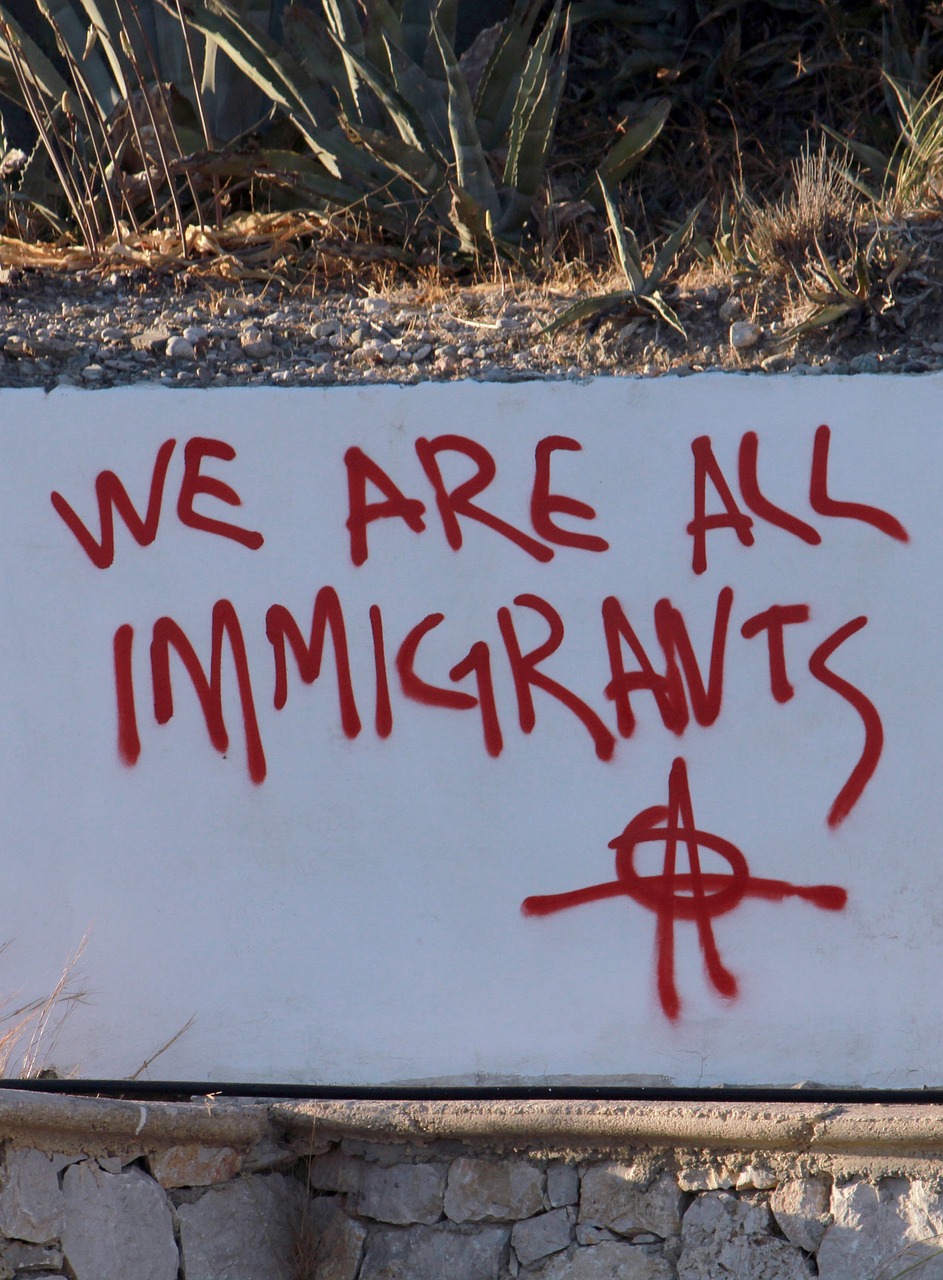
The road ahead is challenging, fraught with obstacles and opposition. But the alternative—continued descent into inequality, environmental devastation, and authoritarianism—is unacceptable. A world beyond what we understand as capitalism is not just possible; it’s necessary for our survival.

